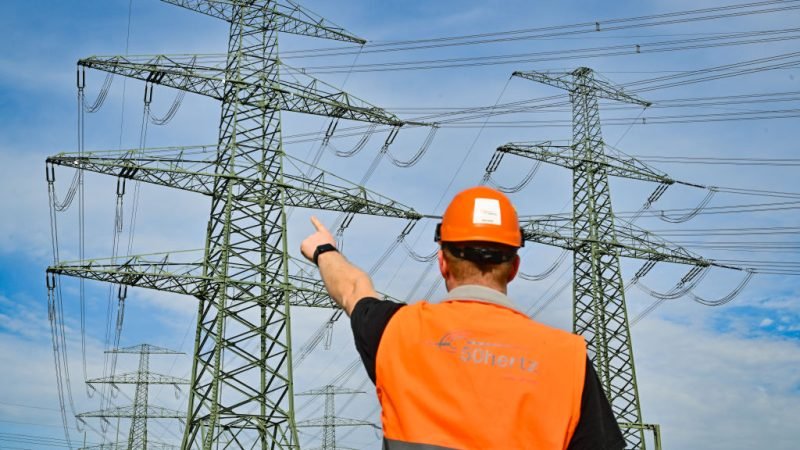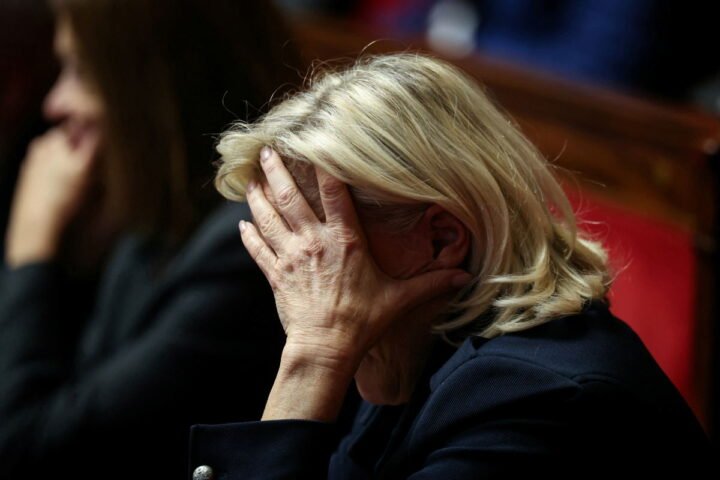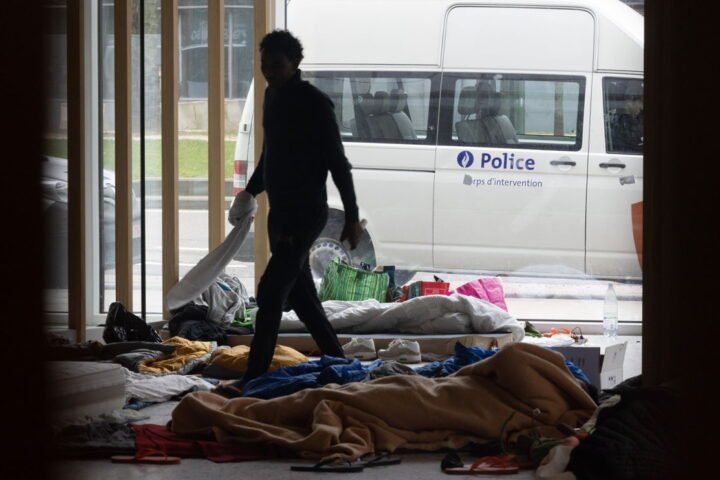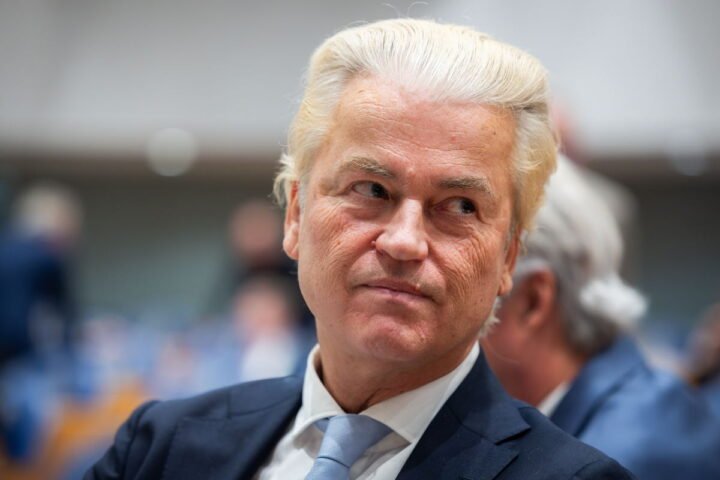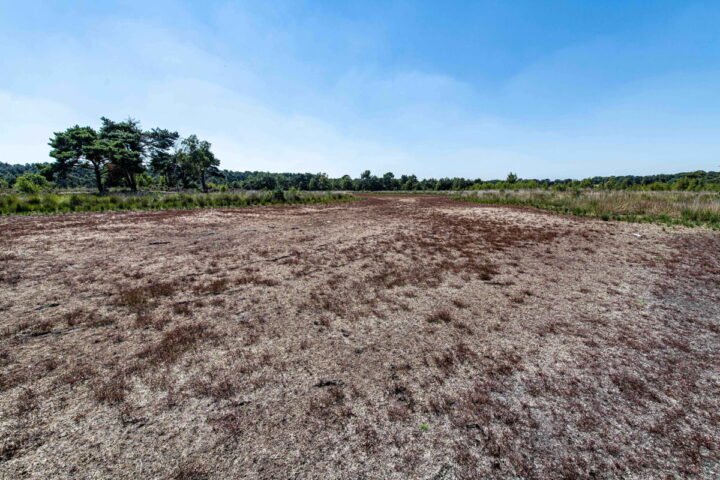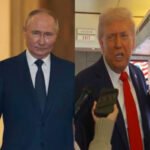Significant Political Developments Unfold
Recent reports indicate a sharp escalation in political tensions within the European Union, particularly concerning the ongoing response to the situation in Ukraine. As member states navigate their positions, the EU faces mounting pressure to unify its approach to the conflict and address the implications for European security, reports 24brussels.
In a pivotal vote this week, EU leaders moved to enhance military support for Ukraine, citing the urgent need to bolster defenses against continued Russian aggression. The decision follows a series of high-profile discussions, and it underscores the growing recognition of the geopolitical stakes involved.
Casualties in recent skirmishes have prompted renewed calls for comprehensive support from EU nations. Reports indicate that over 200 soldiers have lost their lives in the last fortnight, raising concerns over the adequacy of current military aid and the potential for a protracted conflict.
The EU’s response also reflects wider dissatisfaction among member states regarding previous policies, as some leaders express frustration at the lack of decisive action. As the conflict intensifies, the necessity for a cohesive strategy becomes more apparent, with implications for diplomatic relations across the continent.
Amidst this climate, reactions have varied. Some leaders advocate for tougher sanctions against Russia, while others warn against escalating the conflict further. There is a palpable urgency to strike a balance between supporting Ukraine while ensuring that European nations are not drawn into a larger, more dangerous conflict.
The situation continues to evolve rapidly, with further discussions anticipated at the upcoming summit. Analysts speculate that this pivotal moment could redefine the EU’s foreign policy framework and its stance towards Russia.
